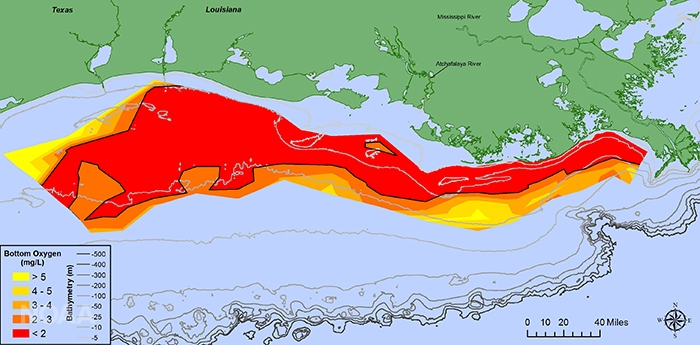We always want to look at both sides of a problem but when one side becomes over-bloated to the point where even the more hardline entrepreneurs begin to squirm, we know it needs to be examined a little more closely. How can companies like Tyson and Smithfield make a difference?
“America is one of the largest agricultural producers, and one of the largest meat producers, and our number one crops are corn and soy, the majority of which goes to feed the meat industry,” says Lucia von Reusner, the campaign’s director. “We decided to find out who is responsible for driving these supply chains and impacts across the country. And in the same vein, who has the leverage and the responsibility to shift those supply chains to more sustainable practices.”
Von Reusner’s point depends on examining the meat industry’s overall supply chain in the U.S., which works mostly like this: primarily independent corn and soy farmers sell to farmers who raise livestock, many of which are technically independent, but exclusively supply one big company, like Tyson or Smithfield, which in turn often supplies both the birds and the feed to said farmers. That big company then buys animals for processing and sale. “It’s important for us to point out the supply chain, and say, hey, we’re not involved in the crop production business, and frankly, we own very few farms,” says Gary Mickelson, Tyson’s senior director of public relations, on a phone call.
But Mighty Earth isn’t saying that the major meat companies are directly responsible for pollution; instead, they’re saying that these companies are the fulcrum in the entire system—the only entity with enough sway to truly change the way the whole system works. If Tyson or Smithfield decrees that they’ll only buy animals that are fed with a soil-healthy diet, everything changes. The farmers toward the bottom of the supply chain don’t have as much agency; large changes to the way they grow or raise animals could be more expensive and cut into their profits, and those farmers might not have a market for, say, rye or some other crop used to replenish the soil. The farmers can’t really change how they farm, but, says Mighty Earth, the top-level buyer—the meat companies—have the ability to make those changes.
No one is saying the meat companies are clearly responsible for pollution but they are involved, whether they want to believe it or not. And, when you think about it, the big companies like Tyson can use their power to make certain something like “the dead zone” does not happen at the scale it has again!
Simply by announcing that they’ll only buy animals that are fed with a soil-healthy diet can make all the difference in the world. To learn more please go to Modern Farmer. What we do now that will make a difference in our future and the future of our children.
Featured Image Courtesy of N. Rabalais, LSU/LUMCON
